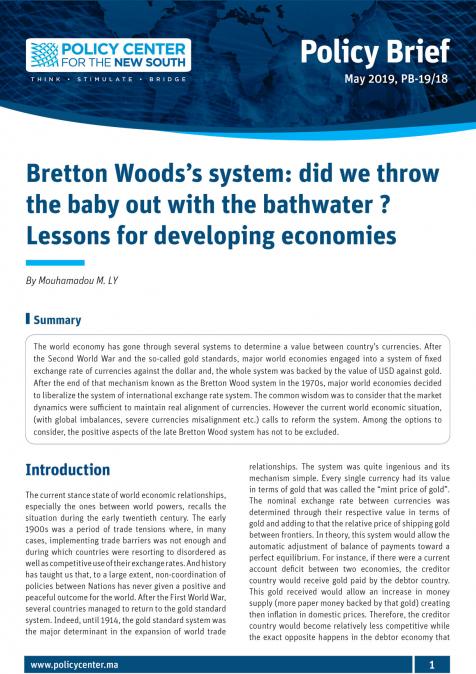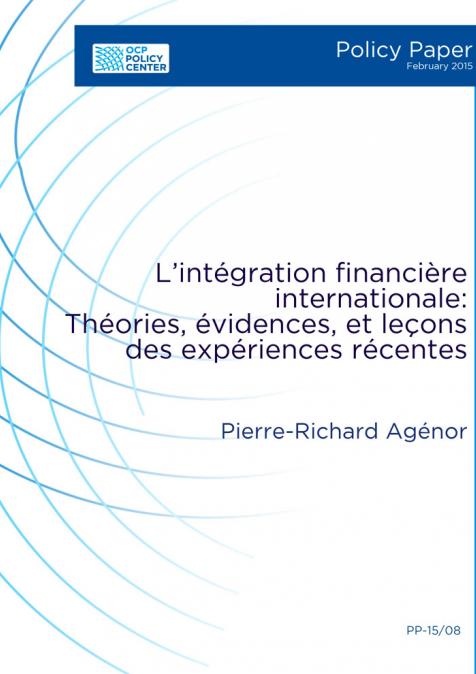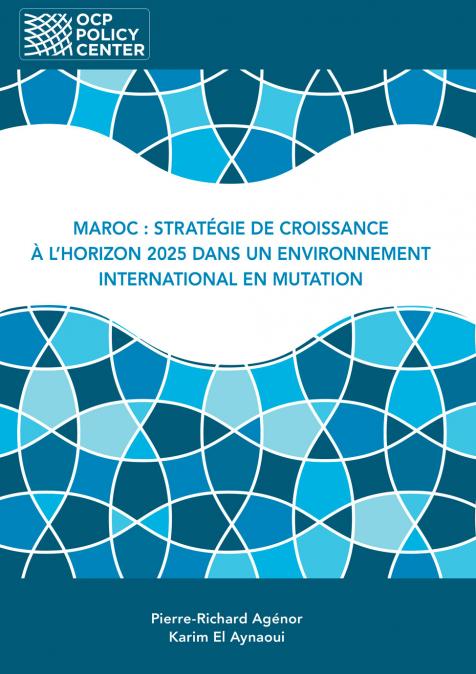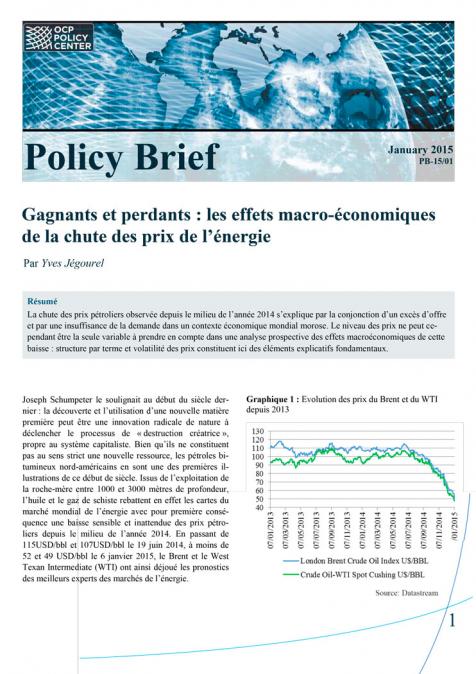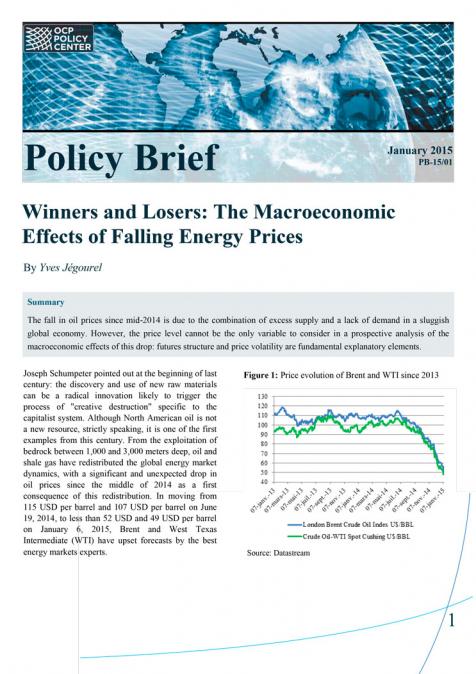Publications /
Policy Brief
The world economy has gone through several systems to determine a value between country’s currencies. After the Second World War and the so-called gold standards, major world economies engaged into a system of fixed exchange rate of currencies against the dollar and, the whole system was backed by the value of USD against gold. After the end of that mechanism known as the Bretton Wood system in the 1970s, major world economies decided to liberalize the system of international exchange rate system. The common wisdom was to consider that the market dynamics were sufficient to maintain real alignment of currencies. However the current world economic situation, (with global imbalances, severe currencies misalignment etc.) calls to reform the system. Among the options to consider, the positive aspects of the late Bretton Wood system has not to be excluded.

